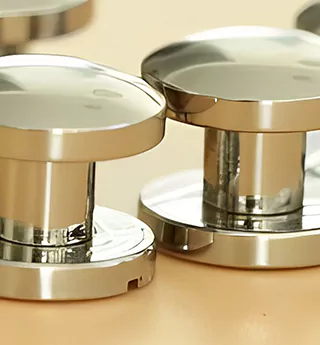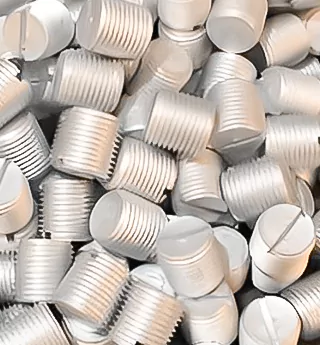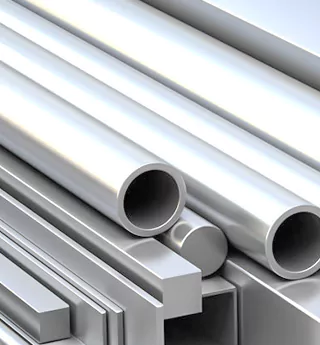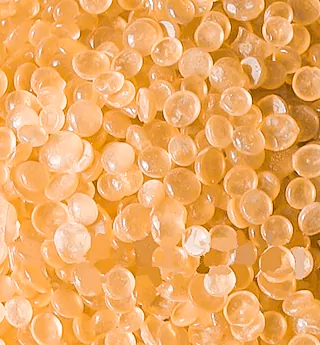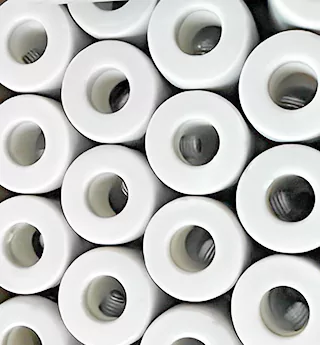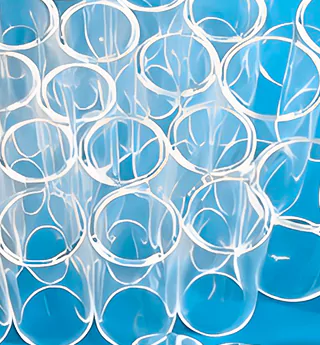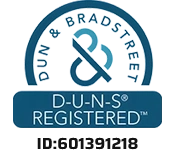Insert Molding Service
The aesthetic combination of metal and plastic with insert molding
- Experienced team provides reliable and efficient service
- Competitive pricing for various insert molding projects
- Wide range of materials and insert options
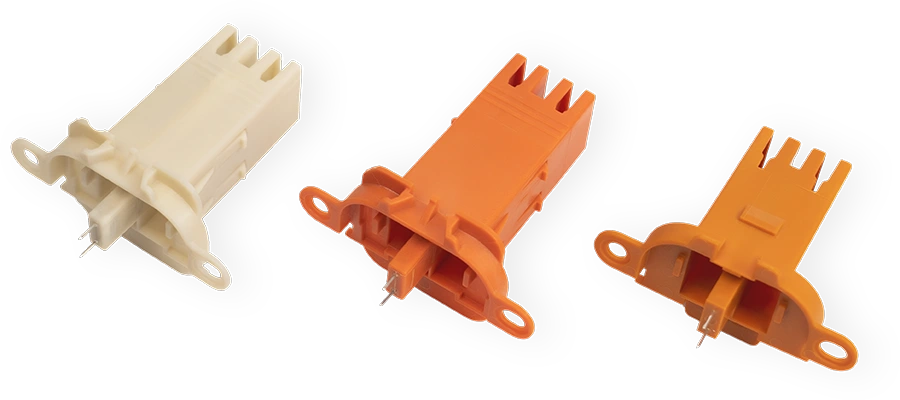


Achieve Stronger, More Efficient Parts with Insert Molding
Firstmold’s insert molding process is a versatile and efficient solution for creating complex parts with greater strength and durability. By combining multiple materials or components into a single molded part, insert molding can significantly reduce assembly time and costs while also improving part performance.
Our state-of-the-art machinery and experienced technicians allow us to precisely mold inserts into parts, achieving greater reliability and consistency. From prototyping to high-volume production, Firstmold’s insert molding capabilities offer a reliable and cost-effective solution for your custom part needs.
- Screws Inserts
- Contacts Inserts
- Studs Inserts
- Pins Inserts
- Clips Inserts
What you can make with insert injection molding?
Insert molding is a versatile manufacturing process that enables the production of complex and high-precision parts. At Firstmold, we have extensive experience in insert molding and have successfully produced a wide range of parts and products for various industries. For example, we have produced microelectronic components such as connectors, switches, and sensors that require high precision and tight tolerances. Additionally, we have manufactured automotive parts such as gears, housings, and brackets that require high strength and durability.
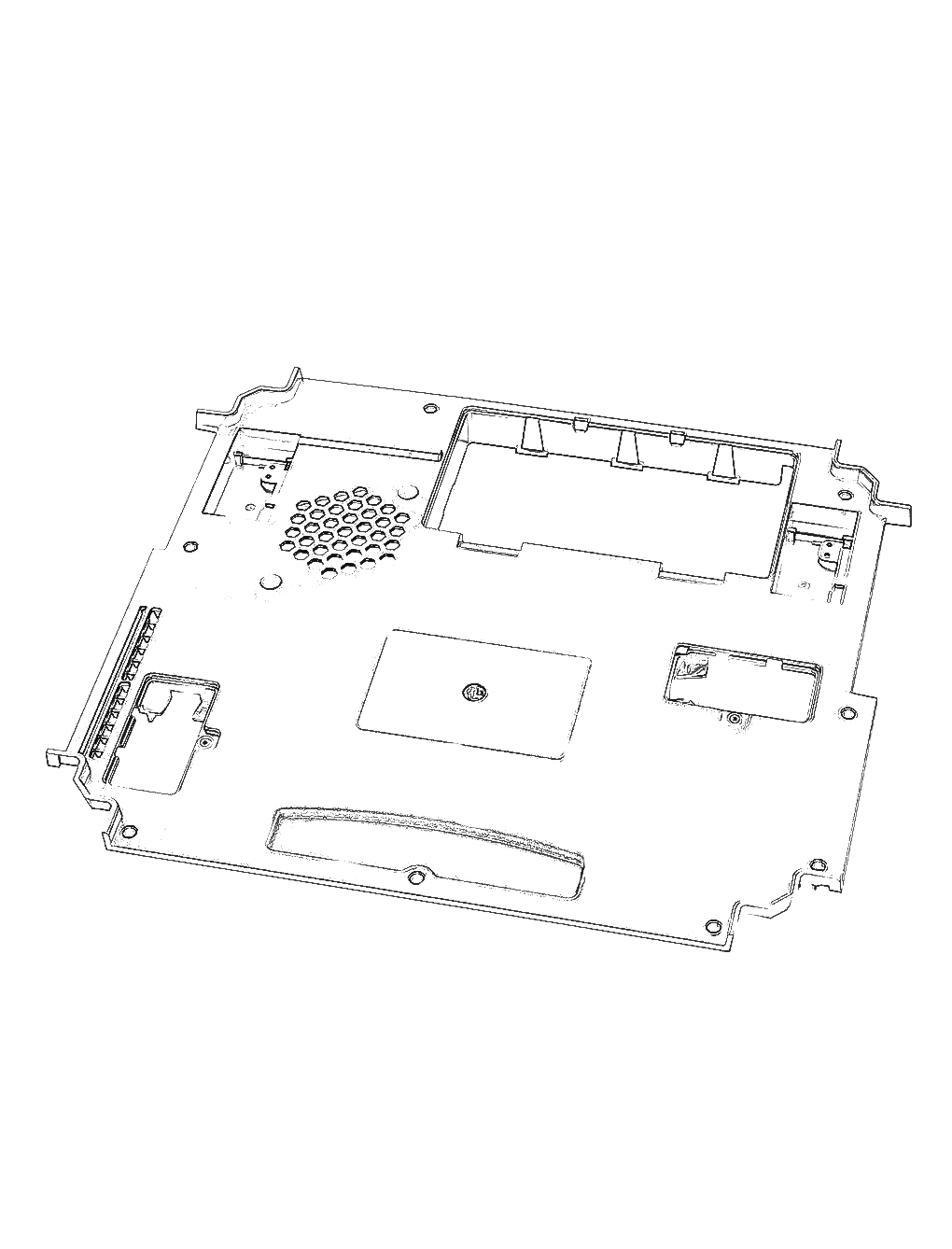
Dual Material Molding in One Go
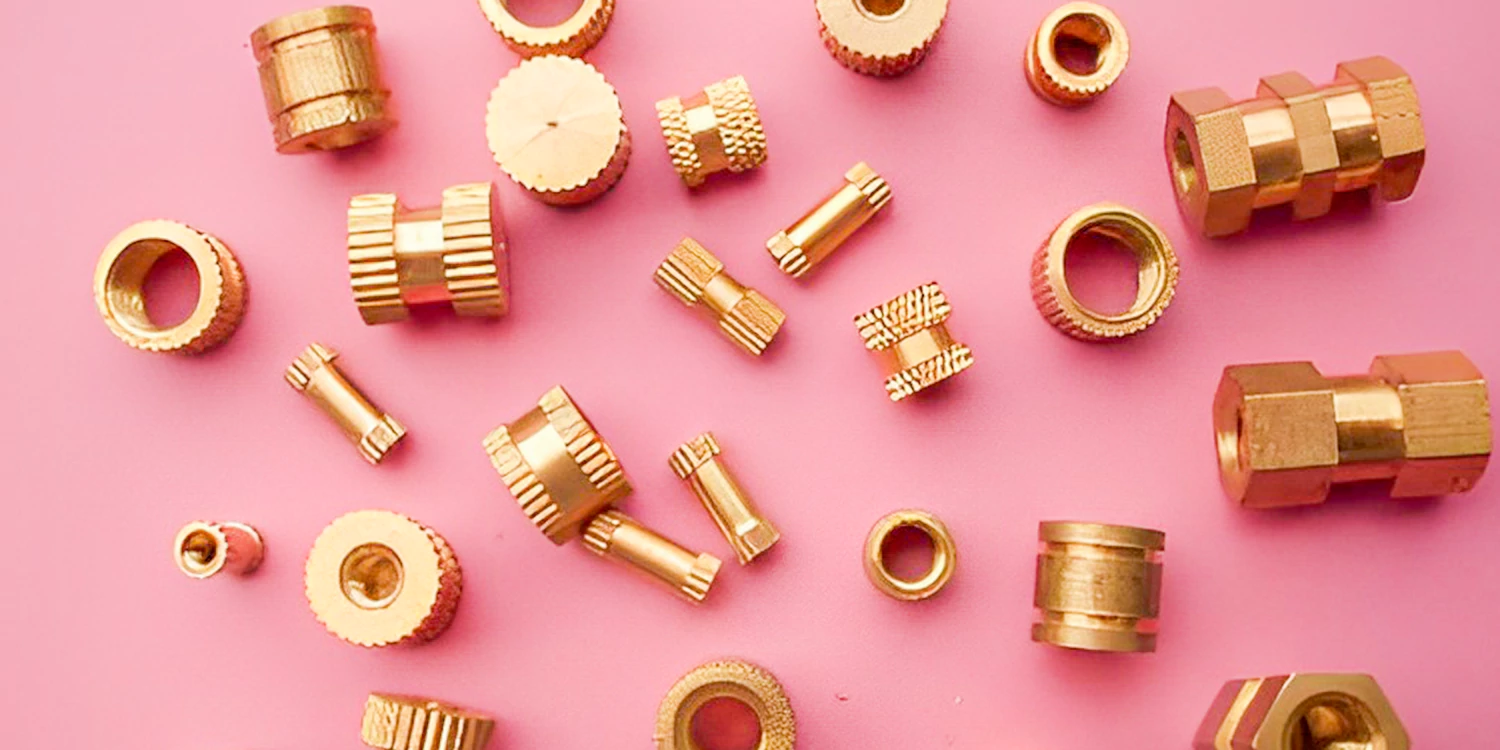
Material Selection For Insert Molded Parts
Choose the main material for your injection molding product
We are well-versed in hundreds of plastics or other materials for injection molding, including single materials, mixed materials, modified materials, rubbers, etc. We are familiar with their physical properties, chemical properties, and all parameters.
Also, because of the strength of our supply chain system, we can obtain these raw materials in a timely and stable manner without any impact on your product delivery.
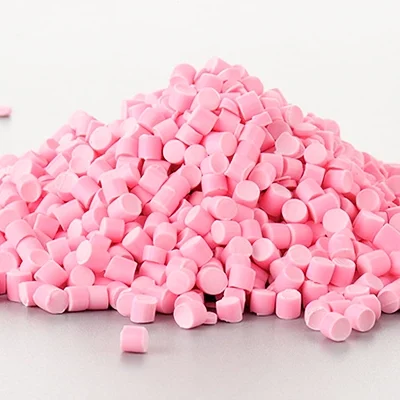
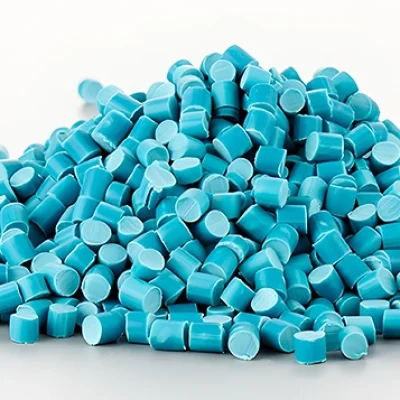
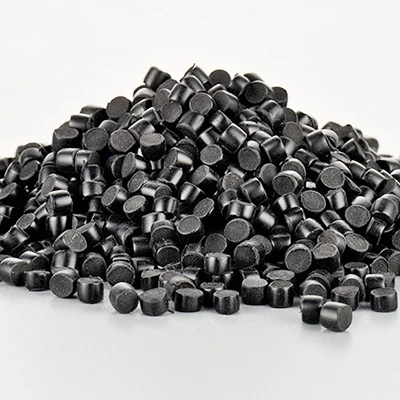

Dare to imagine, dare to insert
Insert injection molding is generally most commonly used for the insertion of screws or studs, brass will not rust and has characteristics of corrosion resistance. It is affordable and easy to process. which makes it the most commonly used material in insert molding.
In addition, copper, aluminum, steel, hard dissimilar plastic parts, ceramics, glass, and plastic can be used as insert materials. In the product application, we will design the shape and structure of plastic parts according to the thermal expansion coefficient of different materials.
Free & quick DFM Feedback Within 24HRS
FAQs For Insert Molding Services
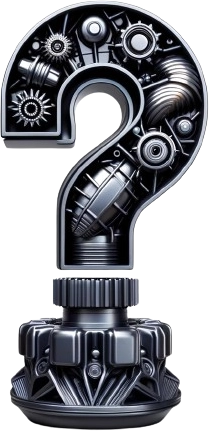
Insert molding is a type of injection molding process where a pre-formed insert, usually made of metal or plastic, is placed into the mold cavity before the injection of plastic resin. The insert is then encapsulated by the resin, forming a single piece with the insert embedded in the plastic. This process is used to create parts that require a combination of metal or plastic parts, as well as for parts that require higher strength and precision.
Insert molding offers a number of advantages over other manufacturing processes. One major advantage is that it can reduce production time and cost by eliminating the need for separate assembly processes. It can also improve the strength and durability of parts by combining the properties of both metal and plastic materials. Additionally, insert molding can allow for greater design flexibility, as parts can be made with complex geometries and multiple materials.
Insert molding is a suitable choice for manufacturing products that require additional components or parts to be integrated into the final design. It is an ideal process for creating parts with multiple materials or for combining different components, such as metal inserts, into a single piece. Insert molding is also an excellent choice for producing high-volume parts with tight tolerances.
Insert molding is commonly used in the production of products for a range of industries, such as automotive, electronics, medical devices, and consumer goods. It is a popular method for creating complex shapes and designs that are difficult to produce using traditional manufacturing methods. Insert molding is also a cost-effective solution for creating parts that require additional strength or durability.
When considering whether to choose insert molding for your product, it is important to evaluate your design requirements and material specifications. If your product requires multiple materials or has complex geometries, insert molding may be the best solution for your project. Additionally, if you need to produce high volumes of parts with consistent quality, insert molding can provide a reliable and efficient manufacturing solution.
A wide range of materials can be used in insert molding, including metals, plastics, ceramics, and more.
he design of the insert is critical to the success of the insert molding process. The insert must be designed to withstand the pressures and temperatures of the injection molding process and must be properly placed within the mold.
Yes, complex shapes can be achieved with insert molding. This process allows for intricate shapes and features to be incorporated into a part, providing greater design flexibility.
The cost of insert molding can vary depending on factors such as the complexity of the part, the type of insert being used, and the volume of parts being produced. However, in general, insert molding can be a cost-effective solution for producing high-quality parts.




